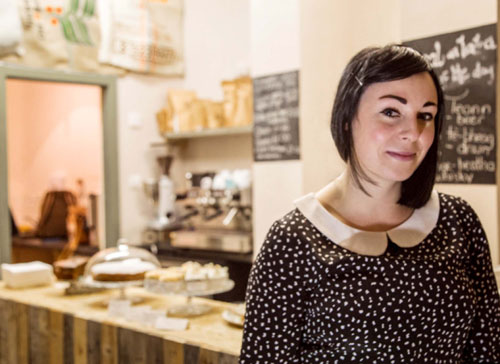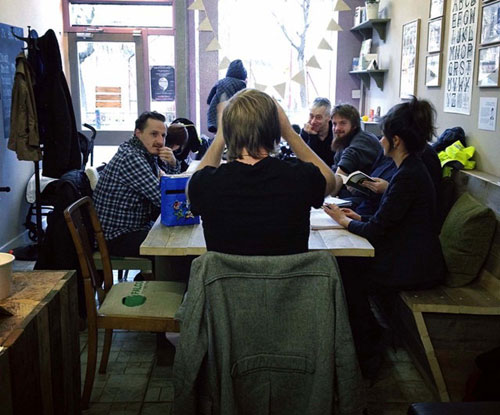GLASGOW’S famously strong accent has worked its way into a surprising new place – Gaelic.
A new generation of lowland youngsters are being taught the language previously restricted to small areas of the highlands and islands.
Native gaelic speakers say Glasgow-born students are now introducing the city’s distinctive speech into the language.
As a result, a “remarkable” evolution of 800-year-old Scottish Gaelic may be taking place.
Traditional gaelic has three distinctive ways of pronouncing “l”, for example. But Glasgow speakers tend to replace all three with one heavily-stressed “l” sound.
Western Isles MP, Angus Brendan MacNeil, a native gaelic speaker from Barra said: “It’s new to me. It’s quite remarkable.
“You can meet people in Glasgow in their early 20s and they’re very Glaswegian. The Gaelic they speak is in a Glasgow accent.”
The government’s drive to boost the language has seen a massive rise in the number of children whose entire school day is spent talking gaelic, up from 24 in 1985 to almost 3,000 last year.
Glasgow Gaelic School currently has 505 primary pupils, 237 secondary pupils and almost 60 nursery children – with the numbers rising every year.
Plans for a second Gaelic school in the South Side to cater for 200 children have been announced with work due to start in 2015.

Sarah Bolland, a Gaelic learner in the city who has two children at the Glasgow Gaelic School, said: “They are not speaking with an accent from up north.
“It’s a Glasgow accent in Gaelic.”
Eilidh Munro, a 21-year-old student who learnt Gaelic in school in Bishopbriggs, said she knows young people who speak it with a Glasgow accent and even scatter Weegie words into sentences.
“People say ‘He is hot’. They would say ‘Tha e teth’. But that means literally ‘the temperature is hot’ in Gaelic.
“They would also say ‘pure’ and put the word ‘pure’ in English into a Gaelic sentence.
“People would also say ‘eh’ or ‘em’ when they are thinking of a word. That would never be used in Gaelic.”
She added: “People would also say ‘like’ when they are thinking of a word.

“They would use the Gaelic for ‘like’ – which is ‘mar’ – even though it doesn’t work in Gaelic.”
Dàibhidh Grannd, a Gaelic tutor based in Fife, said: “Most Gaelic dialects have three different l-sounds.
“Some Glaswegian children may reanalyse these down to two or even one.”
He added: “‘Chan eil’ can mean ‘no’ and occurs quite frequently, but its final ‘l’ is pronounced with a ‘dark’ Scots ‘l’ as in ‘look’, rather than the usual Gaelic sound.
“The children will often make Gaelic fit their pre-existing sound system, whether that be Scots, Scottish English or something else.”
Research at Glasgow University two years ago discovered that the city’s accent is so strong, Londoners fail properly to understand one in three English sentences spoken by a Glaswegian.
Dr Jane-Stuart Smith said the combination of special words and lack of vowel sounds in the city’s accent was mainly responsible for the head-scratching south of the border.
She suggested another important factor was that some southerners expected not to understand anything a Glasgwegian said.

